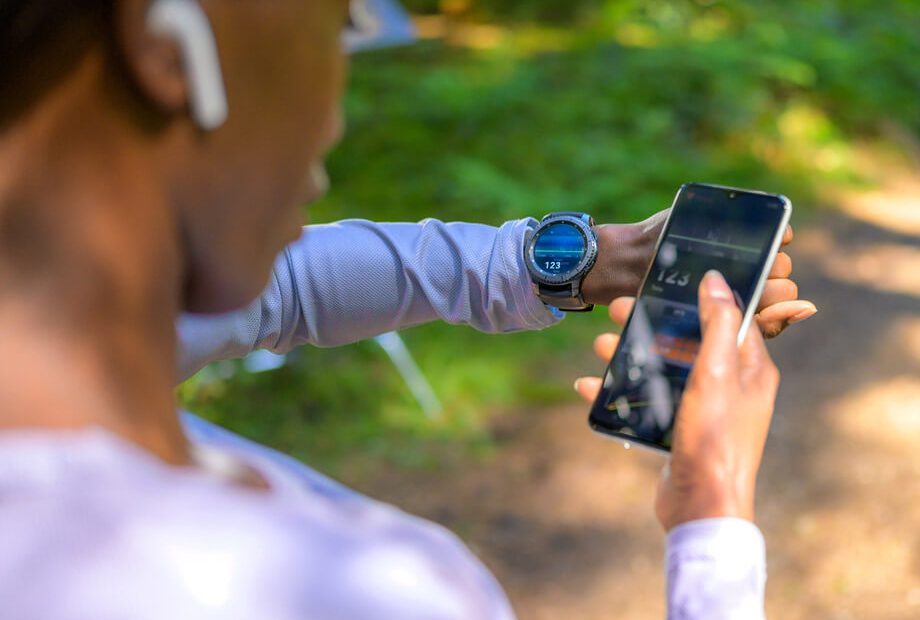We’ve come a long way from the humble pedometer. Today’s wearable technologies, such as fitness trackers and smartwatches, collect a wealth of biometric data that researchers are only beginning to explore for insights. As these devices become more sophisticated and widespread, they present intriguing possibilities for health research on a much broader scale than was previously feasible.
Modern wearables continuously track heart rate, sleep patterns, activity levels and more. Some devices even offer capabilities like electrocardiogram monitoring. Paired with mobile apps and cloud storage, they generate far richer datasets than the step counts of yesteryear. The latest Apple Watch, for example, contains an array of sensors like accelerometers, gyroscopes, an SpO2 sensor to estimate blood oxygen, and photoplethysmography to detect volumetric changes in blood flow. These sensors allow for myriad features, such as fall detection and early atrial fibrillation warnings.
For researchers, all of this data offers potential goldmines. The average smartwatch could provide dozens of data points on its wearer per day, multiplied by however many study participants. Compared to sporadic doctor’s visits or selective trial measurements, such continuous bio-monitoring significantly expands insights into health biomarkers, chronic conditions, rehabilitation efforts, medication reactions and more.
Wearables also enable entirely new research approaches. Scientists can correlate biometrics from large numbers of people with environmental factors like weather or air quality in their location. Daily global analyses, once impractical, become possible by harnessing wearable data from willing smartwatch users around the world. For chronic conditions like migraine or arthritis that have triggers and flare-ups that vary greatly between individuals, discovering personalized causes grows more feasible with granular individual data. From managing widespread chronic illnesses to encouraging healthy lifestyles to making health care more precise and personalized, these tiny computers promise a big impact. We’ve only scratched the surface of what’s possible as wearable technologies rapidly advance alongside artificial intelligence capabilities for detecting medically meaningful patterns in the sea of data. The future of transformative health research is wearable.
On top of multifaceted sensor data, next generation wearables incorporate lab-on-a-chip technologies for assessing biomarkers. Skin-contact sensor arrays can detect molecules in sweat for noninvasive monitoring of electrolytes in athletes or for diagnosing infections. Microneedle biosensor patches measure treatment response by tracking blood glucose levels, inflammatory markers, medications and more.
However, researchers still face challenges in working with consumer wearable data. Device accuracy varies considerably between trackers and smartwatches. Study participants who are inconsistent about wearing or charging devices can undermine data integrity. Privacy concerns also arise in handling sensitive personal information, and methods to anonymize data and secure user consent are imperative.
But as wearables continue to proliferate worldwide, their research upside outweighs the obstacles. With thoughtful safeguards and validation methodologies in place, scientists stand to unlock transformative health insights from consumer tech. The abilities to continuously monitor huge numbers of study participants in their natural environments, discover personalized health correlates, and explore geographic or demographic trends promise to accelerate discoveries and deliver more tailored treatments. Like any new tool, wearables’ capabilities will only grow through creative applications in research. The future looks bright from my smartwatch.
Related Content
- The State of Digital Health
- Watching Your Heart with the First FDA-Approved Apple Watch Accessory
- Insights from the Rock Health Enterprise Insights Series
Want to read more from the Johns Hopkins School of Medicine? Subscribe to the Biomedical Odyssey blog and receive new posts directly in your inbox.
